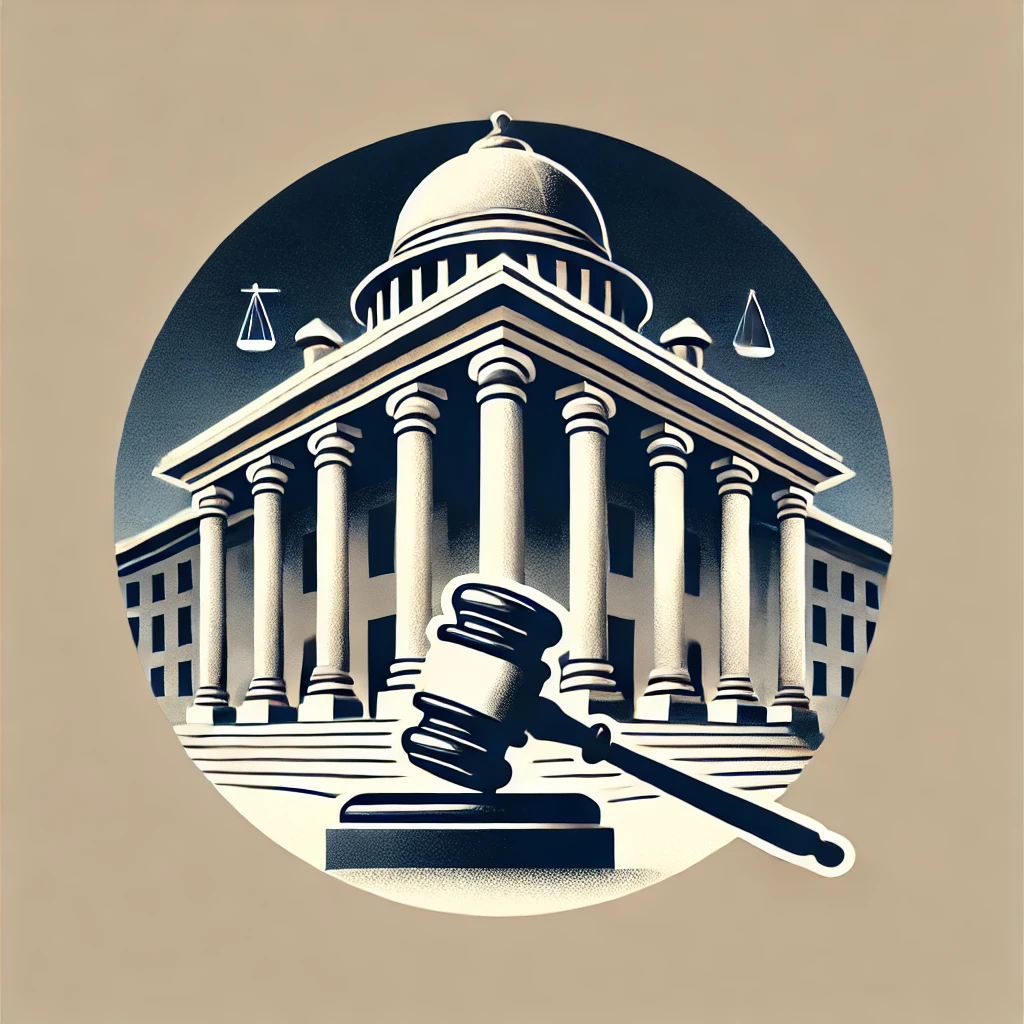
Delhi High Court Strikes Down Government’s Misinformation Rules, Protecting Free Speech
In a powerful affirmation of free speech, press freedom, and constitutional rights in the digital age, the Delhi High Court has struck down the controversial “Misinformation Rules”, a set of legal amendments that allowed the central government to unilaterally direct social media platforms to remove content it considered false or misleading.
📜 The Controversial Rule That Sparked a National Debate
The case centers around a provision added to the Information Technology (Intermediary Guidelines and Digital Media Ethics Code) Rules, 2021, commonly known as the IT Rules. These amendments gave the Ministry of Electronics and Information Technology (MeitY) sweeping powers to order take-downs of online content, labelling them as ‘misinformation’ without a clear legal framework.
From the outset, the rules were met with intense backlash from civil society, digital rights groups, media houses, and tech giants.
🔍 Critics Raised Serious Concerns:
• Who defines truth? The rules essentially made the Union Government the sole authority on what constitutes “truth” online, giving it vast control over public discourse.
• Political censorship fears: Experts warned of a slippery slope toward government overreach, where dissent, criticism, or satire could be branded as misinformation and removed.
• Chilling effect on journalism: Independent journalists and activists feared targeted suppression of their work, especially when reporting critically on government policies or actions.
• Tech platform pushback: Companies like Twitter, Meta, and Google warned that such rules would force them to over-censor content to avoid penalties, stifling public debate.
⚖️ The Delhi High Court’s Judgment: A Strong Pushback
In a landmark ruling, Justice Amit Verma, writing for the bench, invalidated the Misinformation Rules, calling them vague, arbitrary, and in direct violation of fundamental rights under the Constitution.
Key Judicial Observations:
1. Vagueness Invites Abuse
The term “misinformation” lacked a precise legal definition, giving disproportionate power to the executive without checks or balances. The Court noted that vague laws are often the most dangerous, as they can be twisted to suit those in power.
2. Freedom to Be Wrong is Protected
Justice Verma emphasized that Article 19(1)(a) — the right to freedom of speech and expression — includes the right to express incorrect or unpopular opinions, as long as they do not incite violence or constitute defamation. “The government cannot become the final arbiter of the truth,” the Court declared.
3. Chilling Effect on Free Expression
The Court highlighted that the fear of content takedowns would lead platforms to proactively censor legitimate speech, creating a climate of fear and suppressing critical or creative expression.
💡 Why This Ruling Is a Watershed Moment
This judgment has far-reaching implications for India’s legal and digital landscape:
• ✅ Protects Journalists and Activists: The verdict shields individuals and media organizations from arbitrary government censorship, safeguarding democratic dissent.
• ✅ Strengthens Platform Independence: It upholds the autonomy of tech platforms to operate without undue influence or coercion from the State.
• ✅ Sets a Legal Precedent: The ruling lays the groundwork for future regulations on misinformation, fact-checking, and online speech, ensuring they are rooted in constitutional values.
• ✅ Reinforces Digital Rights: It sends a clear message that digital spaces must remain open and fair, where diverse viewpoints can coexist without fear of suppression.
🧾 Conclusion
In an era where digital speech is as powerful as speech on the streets, the Delhi High Court’s decision is a monumental step in protecting India’s democratic values. It reaffirms that freedom of speech online is not a privilege — it is a constitutional right, even when it challenges power.
This judgment is not just a legal milestone but a powerful reminder that democracies thrive when their citizens can speak freely, question authority, and engage in open dialogue — even, and especially, in the digital realm.












comments